Category Archives: Forex Basics


In 2024, the ruble and yuan may undergo significant changes. A Bank of Russia report showed the yuan's share of currency turnover on the Moscow Exchange at 46% in November 2023, while the share of the dollar and euro fell to 52%. Russian companies ar...


The Russian currency will face difficult challenges in the coming months. The end of the Central Bank's tight monetary policy, a decline in monetary exports and a possible change in Russia's political priorities after the presidential elections could...


The exchange rate of the Russian ruble against the dollar has stabilized, and in February 2024 it will consolidate around the level of 90 rubles per unit of American currency. This became possible as a result of the fact that the Russian economy reac...


Choosing a safe and reliable broker is one of the most critical steps in your career as a trader or investor. The problem is far from trivial, since you will trust them with your money. There are several factors to consider when selecting a broker th...


Basically, types of trading differ in time parameters. When we talk about short-term, medium-term and long-term trading, we are mainly talking abouthow long the trader plans to hold his position. In short-term trading, the trader holds a position fro...


Slippage occurs when the order execution price differs from the requested price. This occurs when market orders cannot be matched at preferred prices - usually in highly volatile and fast-moving markets that are prone to unexpected sharp reversals in...


Basic Forex Terms You Should Know Before TradingTrading currencies in the foreign exchange (forex) market can feel like entering a foreign country, with its language and customs. Before starting Forex trading, it is essential to learn the basic Forex...
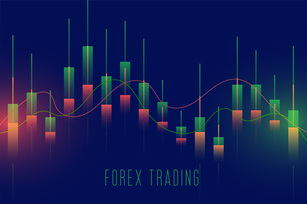

Learning how to read forex charts is an essential skill for anyone looking to trade currencies successfully. Charts provide a visual representation of the price movements and trends of currency pairs, allowing traders to analyze and make informed tra...


If you're here, it's likely because you want to know the answer to “How long it takes to be profitable from Forex trading?”Just as there's no single path to success, there's no one-size-fits-all answer to the inquiry of ho...


If you're familiar with Forex trading, you've probably heard the saying, "The trend is your friend." This classic advice is foundational, yet it's just the beginning. While following trends can be a reliable strategy, it's c...

 RoboForex
RoboForex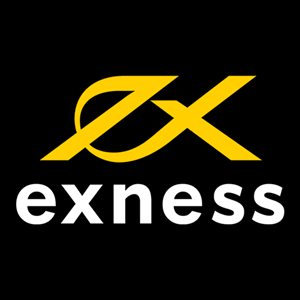 Exness
Exness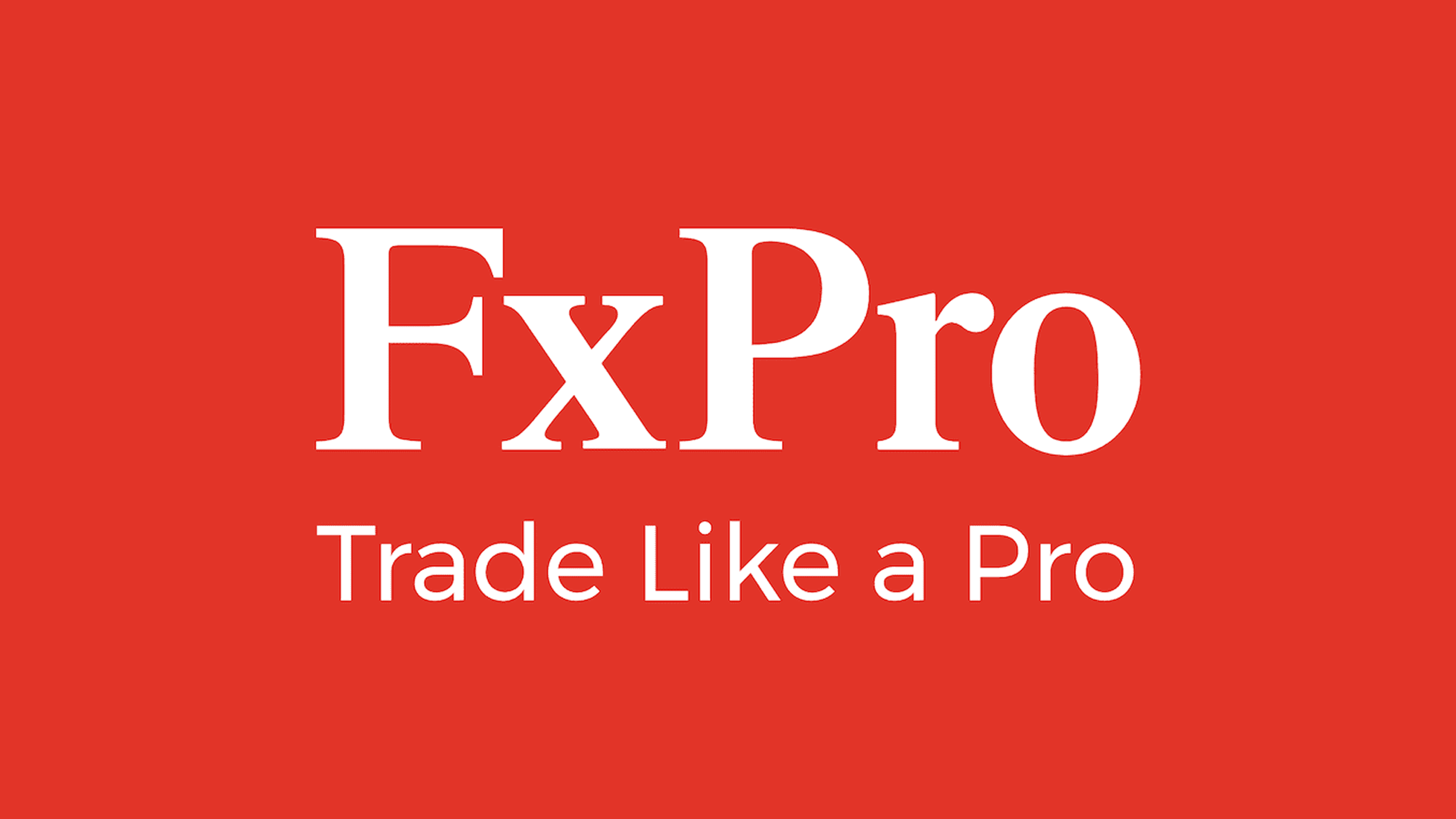 FxPro
FxPro Alfa-Forex
Alfa-Forex Libertex
Libertex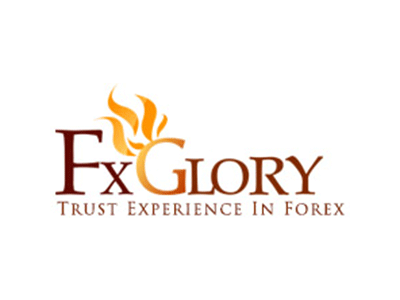 FxGlory
FxGlory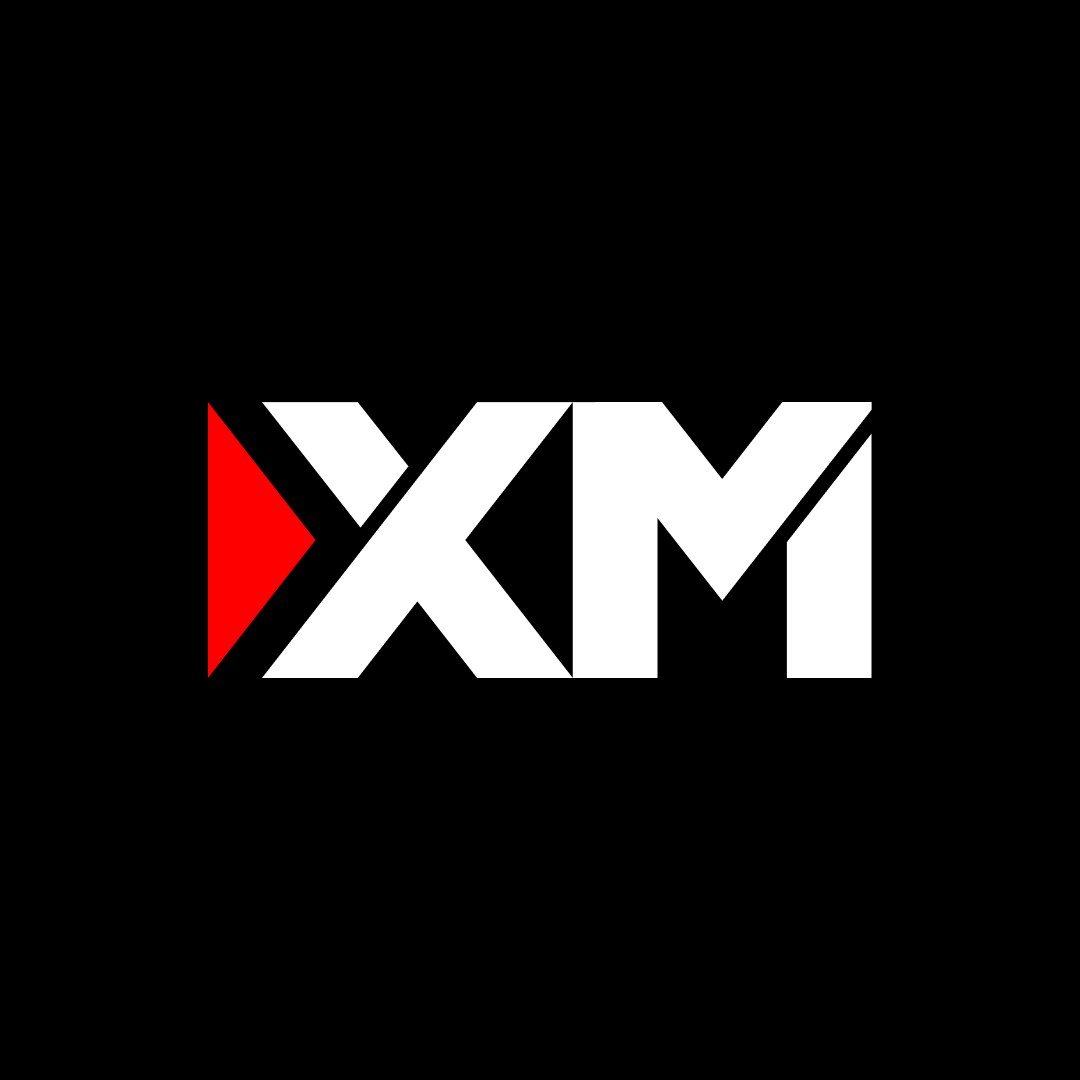 XM
XM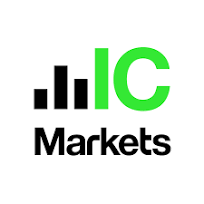 IC Markets
IC Markets Forex.com
Forex.com AXITrader
AXITrader